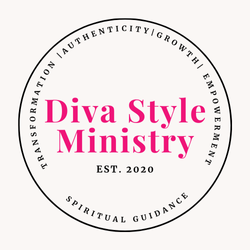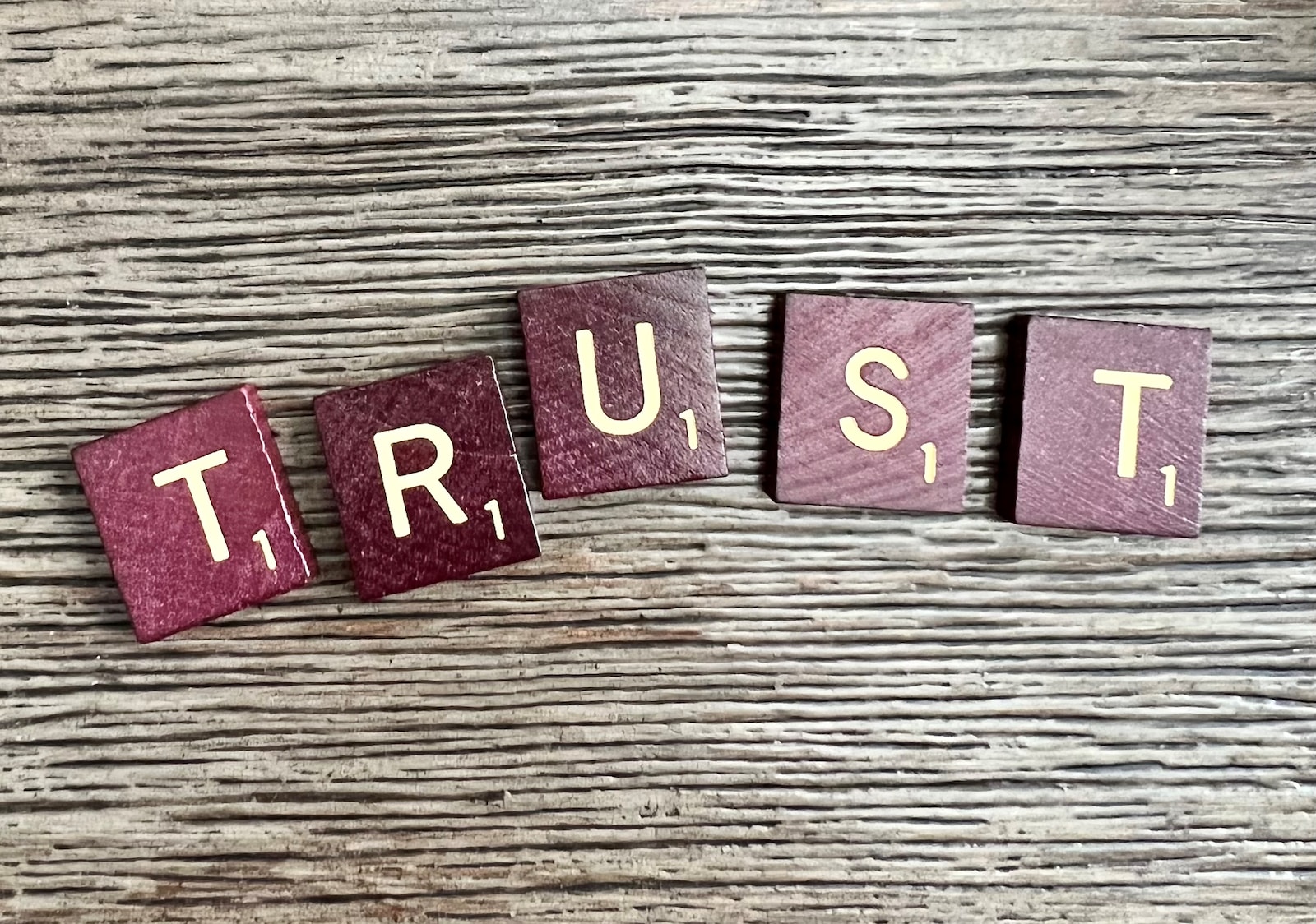Many people don’t trust themselves for one reason or another.
There are multiple signs that you suffer from a lack of self-trust, including:
- Saying negative things and being critical about yourself – with your internal voice, and comments you make out loud to others or in a group.
- Negatively joking about yourself – whether you frame it as a “joke” or not, it’s harmful and not funny.
- Focusing on your negatives and ignoring your achievements – no one is “all bad” and certainly no one is “perfect” and immune to mistakes.
- Blaming yourself when things go wrong – even when the situation is out of your complete control (which is a majority of the time).
- Thinking other people are better than you – often without hard evidence to prove it.
If you recognize these signs of a lack of self-trust, don’t just accept it – ask why. Knowing what has caused your lack of self-trust can help you break the issue down and begin to change. Once you discover the problem, you can start learning to trust yourself more and, from there, repair the damage to your self-confidence and self-esteem on a more permanent basis.
Start with your childhood. No, this doesn’t mean you have to spill your guts to a mental health professional lying on a couch. However, if you think back to your childhood, it can give you some clues as to why you have developed a distrust of yourself. Were there times that you felt you let yourself down? Describe the events and the situation in your personal journal – what do you recall, and how severe was the situation?
Perhaps your parents were distrustful of themselves and passed the distrust down through the family. It could also be siblings or other relatives that helped to generate a distrustful atmosphere. The purpose is not to blame your parents or other relatives. Just be aware that it happened, and you can use that knowledge to move forward. If you don’t recognize that there is a problem, it’s nearly impossible to fix it.
Do you find it difficult to trust others? That condition causes you to experience a constant level of distrust – you never truly get a break from it. It is easy for that lack of trust to extend to yourself. The next question is: How do you change it? You have to take intentional and focused action to learn how to put trust in other people – most people will appreciate you for it and work hard to keep the trust you’ve invested in them.
Are you an overly sensitive person? If so, this could cause you to develop a lack of trust in yourself. You may take what others say out of context, assuming motives and meanings that aren’t really there. That is because of your sensitive nature. It’s not wrong to be sensitive – what you must realize, though, is that your sensitivity can cause you to misread what others say or feel.
Putting your trust in others is sometimes going to backfire. Some people are simply not trustworthy. They may even put up a believable front that they are. You should accept this as a part of life and try not to project experiences from a few bad apples onto other people. Otherwise, you may continue to maintain your wall of distrust, making it difficult for you to trust others and yourself.
Another reason for not trusting yourself is that others don’t trust you. If you are not trustworthy, or you’ve been convinced by others that you aren’t, how can you expect to learn to trust yourself?
You may not even realize this is happening. You may think you are doing right by others when, in fact, you aren’t. Ask for an honest assessment from someone whose opinion you value as to whether your friends and family feel you are trustworthy. The answer, if negative, can be a hard pill to swallow, but it will offer great insight. Try not to get upset if people tell you that you aren’t trustworthy. It’s a learning experience.
Ask for details as to why they see you as untrustworthy – is it related to your behavior, how you speak about yourself or others, or because of actions you’ve taken currently or in the past? Once you know what brought you the label of being untrustworthy, you can examine if it’s a true statement, or if someone is holding you to an unreachable standard.
Give yourself time to consider your actions and what you consider trustworthy. If you aren’t holding up to the definition you find, then it’s time to make some changes. What does being trustworthy mean to you, and how can you bring more of that into your life?
Consider using your journal to document your trustworthiness – are you able to keep your word more often than not? Can you be sure that when you make a promise or even a simple statement, you are honest and authentic? If the answer is no, it’s time for more introspection. What emotions or circumstances trigger you to lean toward untrustworthiness?
Why is being trustworthy important? Write down your reasons for wanting to be trusted in your journal, and figure out what needs to change in your behavior, motivation, or habits to increase your trustworthiness – especially regarding how you feel about yourself.
Once you know what needs to change, you can create a plan to increase your level of self-trust. It will take time – especially if you’ve had the harmful habit for a while, but you CAN make the change and, with consistent effort, increase your self-trust while encouraging others to begin to trust you more.





